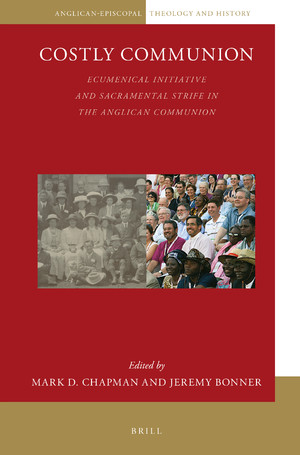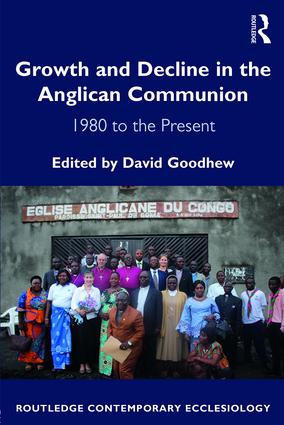"Being the Church is Difficult"
Looking outside of oneself. Serving someone beyond the self. Putting aside personal comfort and coming often to the cross. This is what being the church means.
It means worshipping all together without segregating by age or interest (e.g. “contemporary” or “traditional”). It means preaching the whole counsel of God, even the unpopular bits. It means fighting against homogeneity and cultivating diversity as much as possible, even if this makes people uncomfortable. It means prioritizing the values of church membership and tithing, even if it turns people off. It means being OK with the music that is played even if it’s not your favorite style. It means sticking around even when the church goes through hard times. It means building a tight-knit community but not an insular one, engaging the community and sending out members when mission calls them away. It means bearing with one another in love on matters of debate and yet not shying away from discipline. It means preaching truth and love in tension, even when the culture calls it bigotry. It means focusing on long-term healing rather than symptom-fixing medication.
None of this is easy, and none of it is comfortable. But by the grace of God and with the Holy Spirit’s help, uncomfortable church can become something we treasure.
Read it all at Brett McCracken's blog.









